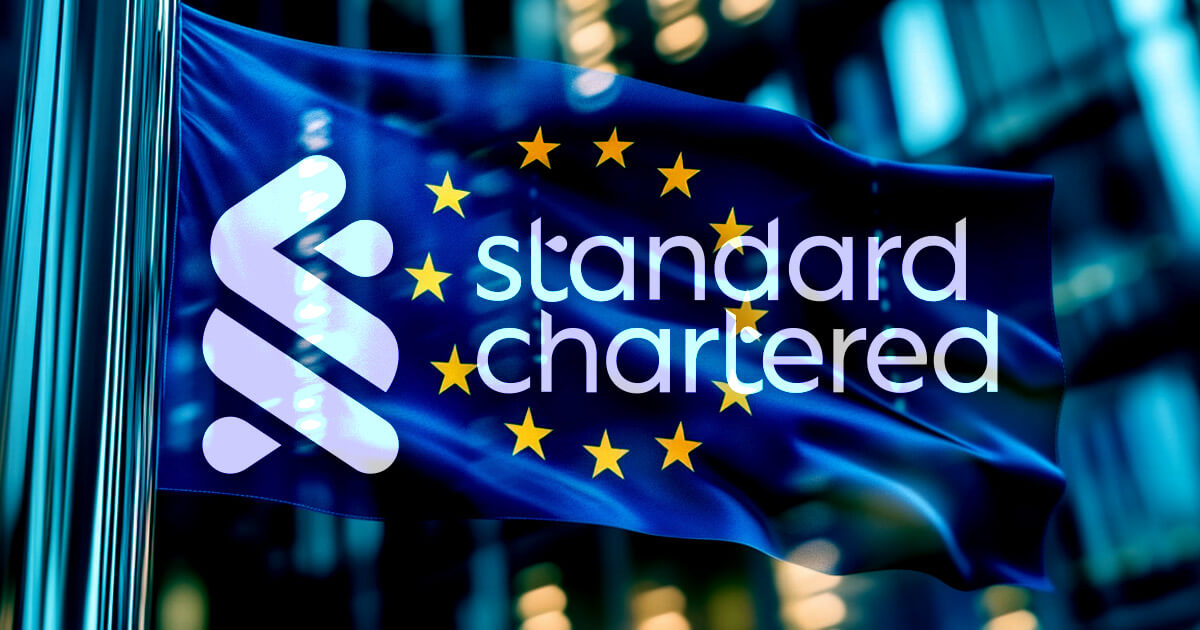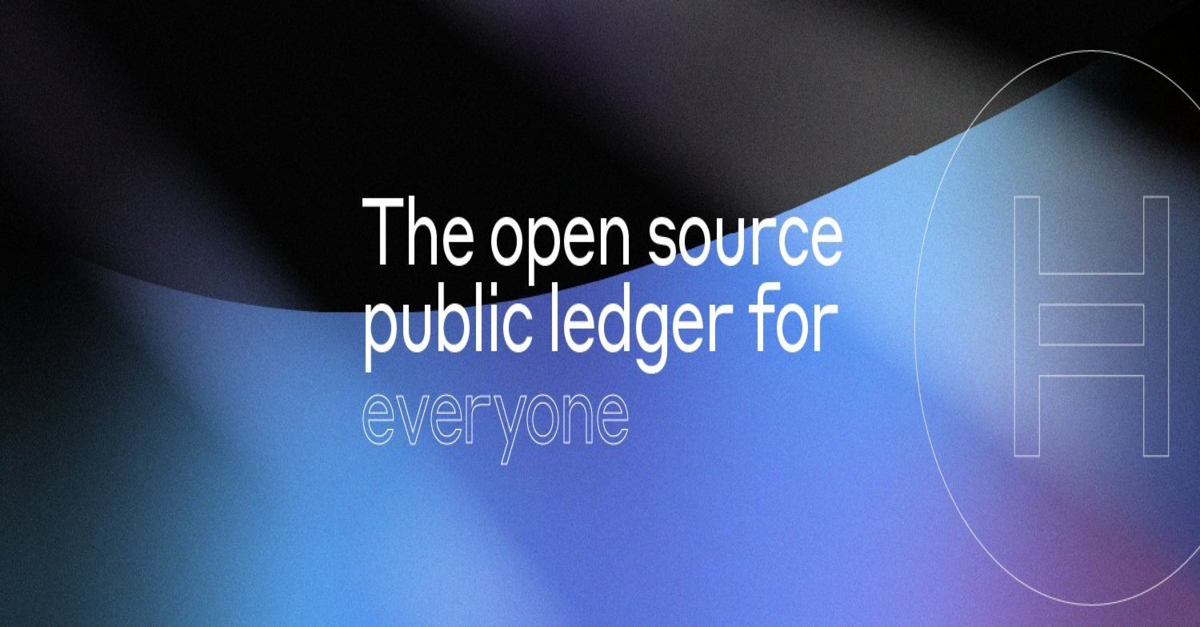The European Union has introduced legislation on crypto asset markets (MiCA), with the aim of providing comprehensive regulation of the crypto sector.
However, as cryptocurrency conglomerates continue to expand their presence globally, there is a growing realization that regulation of these entities requires international cooperation and an updated version of MiCA.
Bank of France governor wants MiCA update for new crypto regulation
At a recent technology forum held in Paris, Bank of France Governor Francois Villeroy de Galhau stressed the importance of international cooperation in the regulation of crypto conglomerates.
Villeroy expressed his belief that it is not enough to regulate individual legal entities within a jurisdiction and stressed the need for cross-border cooperation.
Drawing attention to the existence of US crypto companies with multiple legal entities operating in different jurisdictions, Villeroy stressed that international collaboration is critical to effectively regulating these cryptocurrency conglomerates.
The interconnected nature of these conglomerates requires a coordinated approach among regulators around the world.
While acknowledging that the European Union (EU) has made significant progress in terms of regulating cryptocurrencies, Villeroy suggested the need for an updated version of the legislation on cryptocurrency asset markets (MiCA), calling it “MiCA 2.”
MiCA was approved by the EU Council in May and is considered the world’s most comprehensive attempt to regulate the cryptocurrency sector.
However, it has some limitations, leaving activities such as cryptocurrency lending, decentralized finance (DeFi) and non-fungible tokens (NFTs) out of its scope.
The collapse of major cryptocurrency players, such as failed exchange FTX, and regulatory actions against industry leaders such as Binance have underscored the urgency of robust regulatory frameworks.
To fill the gaps in the MiCA and ensure comprehensive oversight, policymakers and officials, including European Central Bank President Christine Lagarde, have called for the introduction of MiCA 2.
Regulating key players in the crypto ecosystem
During the technology forum, Governor Villeroy highlighted the need to regulate actors using decentralized financial technology for financial services.
He stressed that regardless of the technology used, the same actions and risks should be subject to the same rules and regulations. Villeroy’s position reflects the belief that decentralized finance is simply a new technology that requires appropriate regulation to mitigate potential risks.
The call for international cooperation and the introduction of MiCA 2 resonates with the changing landscape of the cryptocurrency industry.
As cryptocurrency conglomerates operate across borders, a fragmented regulatory approach would not be sufficient to effectively oversee their activities.
A unified and coordinated global regulatory framework would ensure clarity, consumer protection and market stability.
Regulation of crypto conglomerates is essential to protect investors and safeguard the financial system.
By establishing clear rules and guidelines, regulators can foster an environment that encourages innovation while minimizing potential risks associated with the cryptocurrency industry.
In addition, effective regulation can help prevent illicit activities such as money laundering and terrorist financing, which have been associated with some aspects of the cryptocurrency industry.
International cooperation in the regulation of cryptocurrency conglomerates would require collaboration among regulators, policymakers, and industry players from different jurisdictions.
Establishing common standards and best practices can facilitate information exchange and ensure consistency in regulatory approaches. This would provide greater certainty for businesses operating in the cryptocurrency space and enhance investor confidence.
MiCA 2 to include DeFi and NFTs in its regulation of the crypto world
Governor Villeroy’s call to include DeFi, NFTs and other related activities in the scope of MiCA 2 reflects the need to adapt regulations to the evolving cryptocurrency landscape.
As these technologies take hold and attract large capital flows, it becomes imperative to establish clear guidelines to ensure transparency, accountability and fair treatment of participants.
One of the main benefits of international cooperation in the regulation of cryptocurrency conglomerates is the opportunity to share knowledge and experience.
Different jurisdictions may have different levels of expertise and knowledge of emerging risks and best practices.
By collaborating and exchanging information, regulators can collectively improve their understanding of the cryptocurrency industry, identify potential risks, and develop effective regulatory frameworks.
In addition, global cooperation can help prevent regulatory arbitrage, in which entities exploit regulatory loopholes or migrate to jurisdictions with lax oversight.
Crypto assets often have a global presence and can easily move their operations to jurisdictions with more favorable regulatory environments.
Working together, regulators can close these gaps and create a level playing field that discourages regulatory arbitrage and promotes responsible business practices.
The challenges of international cooperation
However, international cooperation brings challenges. Harmonizing regulations across jurisdictions with different legal frameworks, cultural nuances, and varying levels of technological infrastructure can be complex.
It requires extensive coordination, negotiation and compromise among participating countries.
However, the benefits of a globally coordinated approach to cryptocurrency regulation outweigh the challenges by providing a more efficient and effective regulatory framework.
The European Union, with its recently adopted MiCA legislation, has taken a significant step toward regulating the cryptocurrency industry. However, the evolving nature of the industry requires constant adaptation and improvement.
MiCA 2, as proposed by Governor Villeroy, could build on the existing framework, addressing its limitations and incorporating new technologies and market developments.
In conclusion, the call for international cooperation in the regulation of cryptocurrencies, as outlined by Bank of France Governor Villeroy de Galhau, underscores the need for a comprehensive and coordinated approach to oversee the cryptocurrency sector.
The proposed MiCA 2 law and the inclusion of activities such as DeFi and NFTs reflect the evolving nature of the sector and the need to adapt regulations accordingly.
Working together, regulators from different jurisdictions can create a more robust and globally consistent regulatory framework that promotes investor protection, fosters innovation, and ensures the integrity and stability of the financial system in the age of cryptocurrencies.
Credit: Source link















































